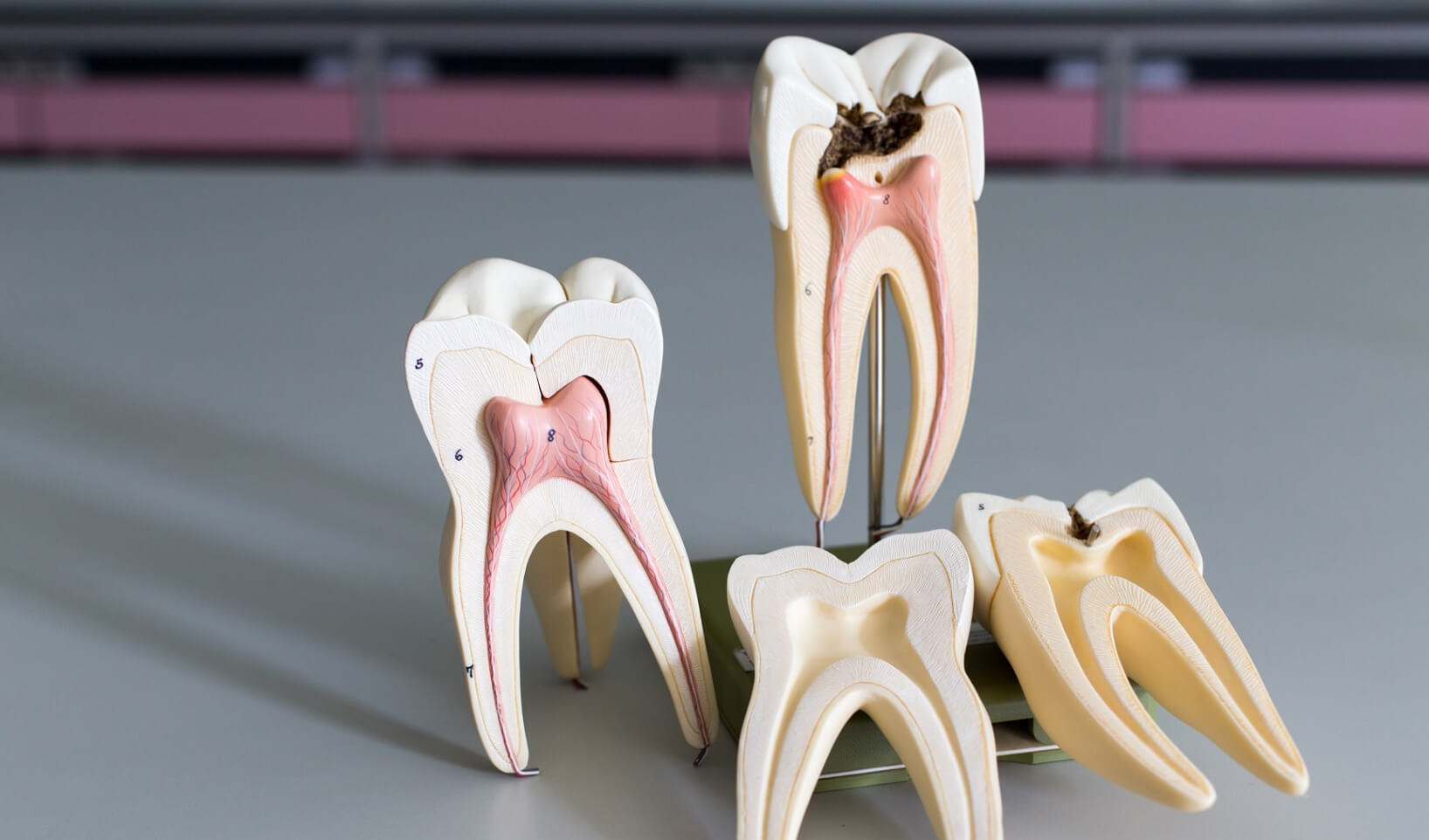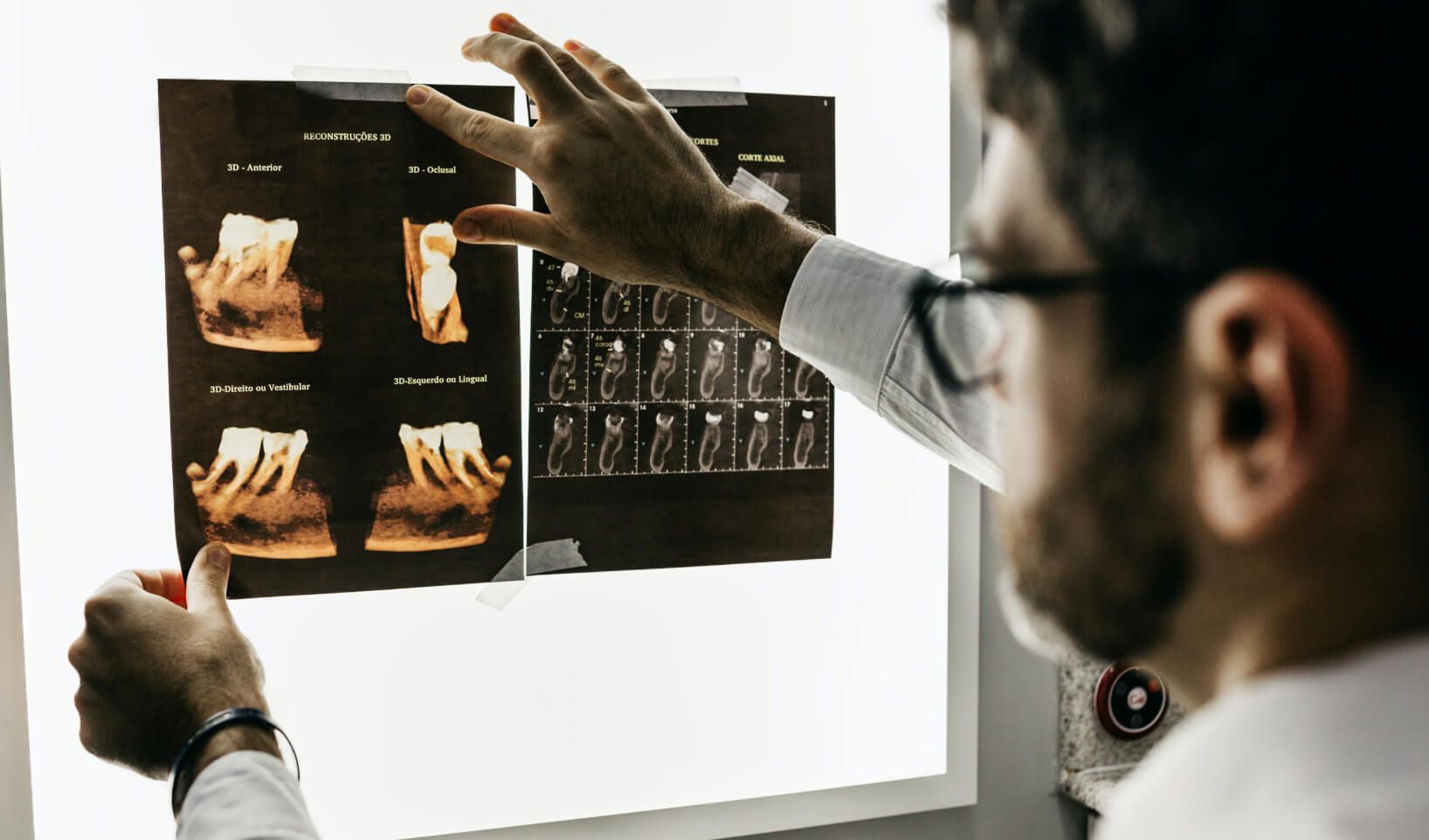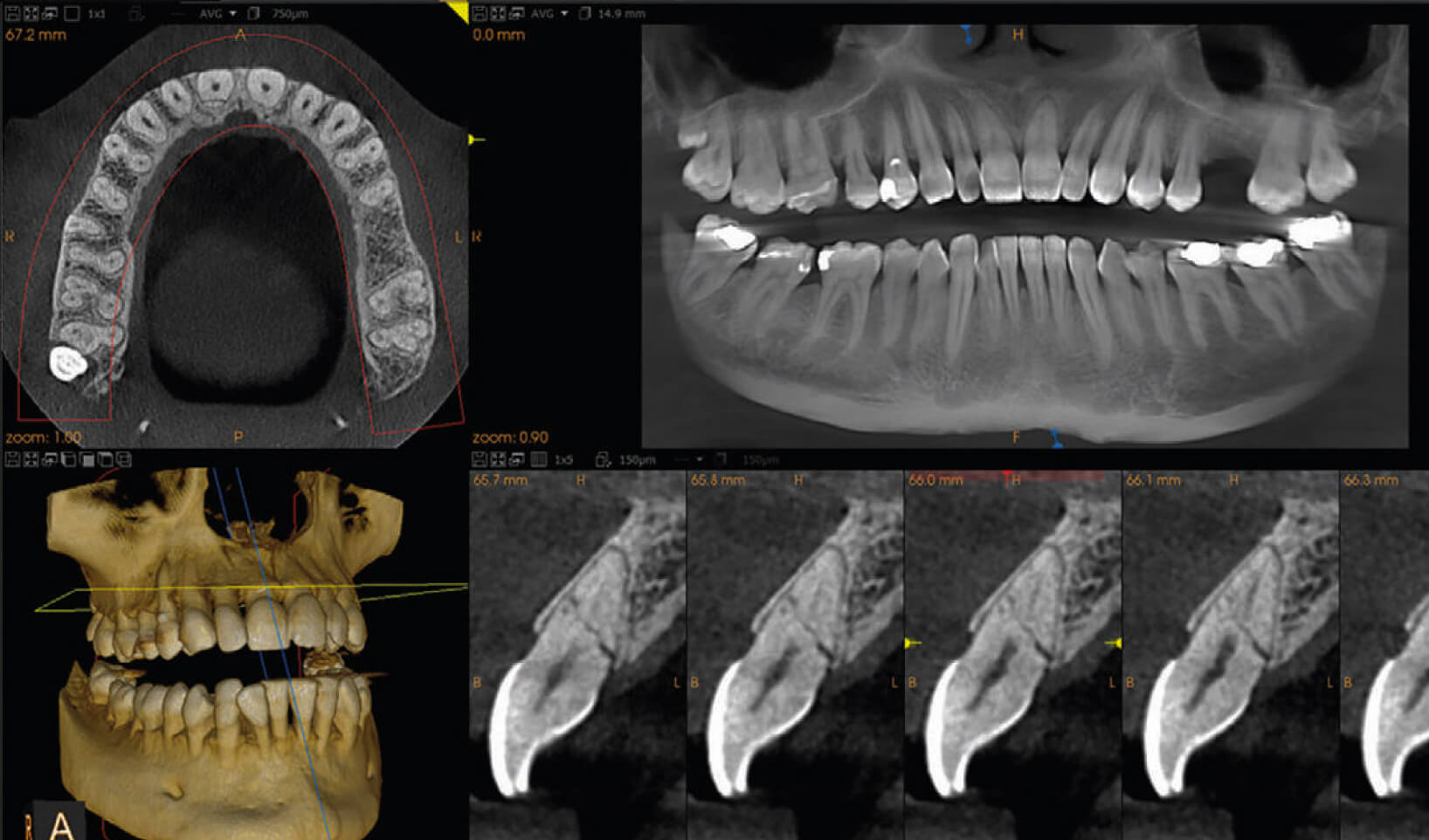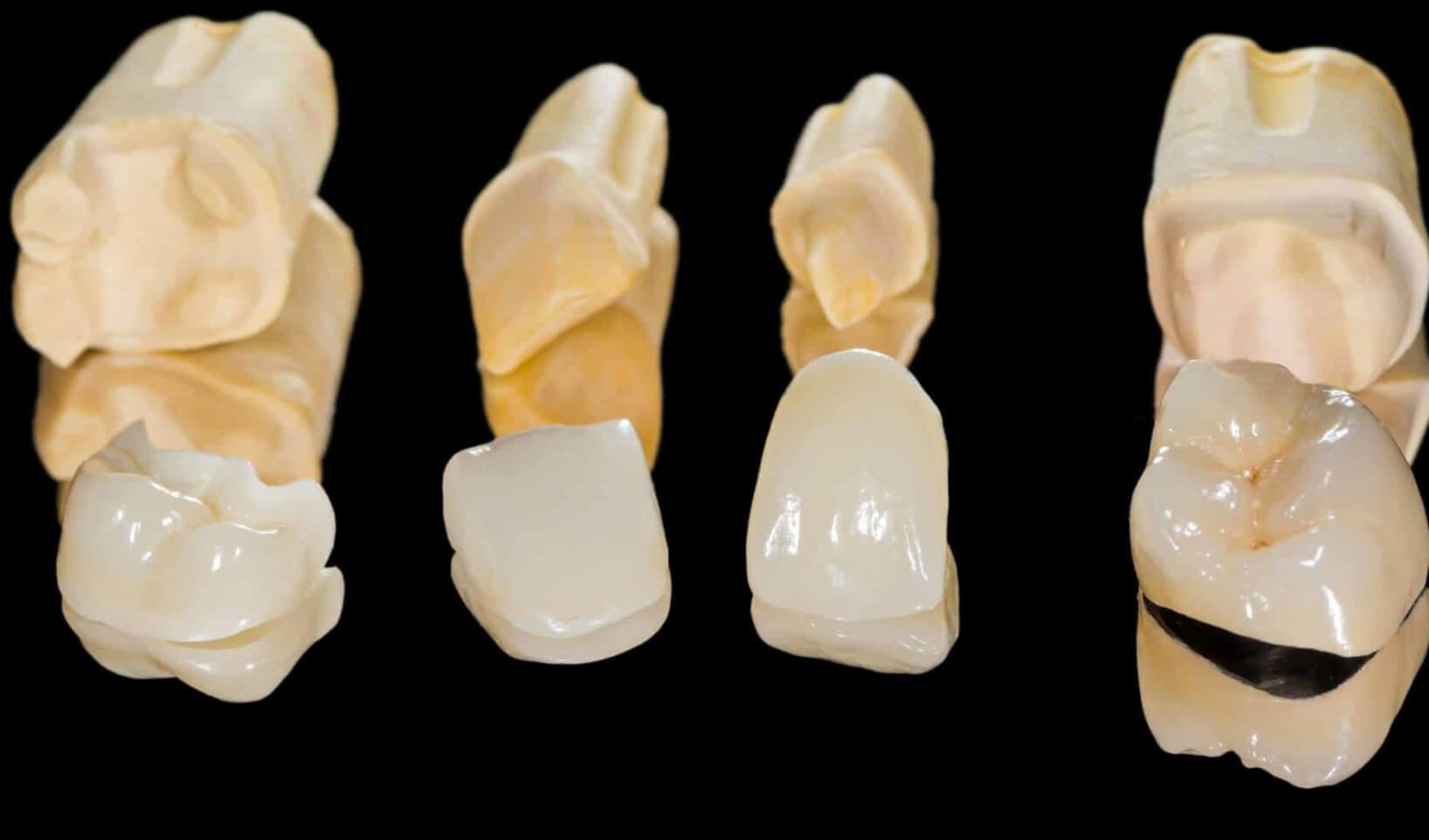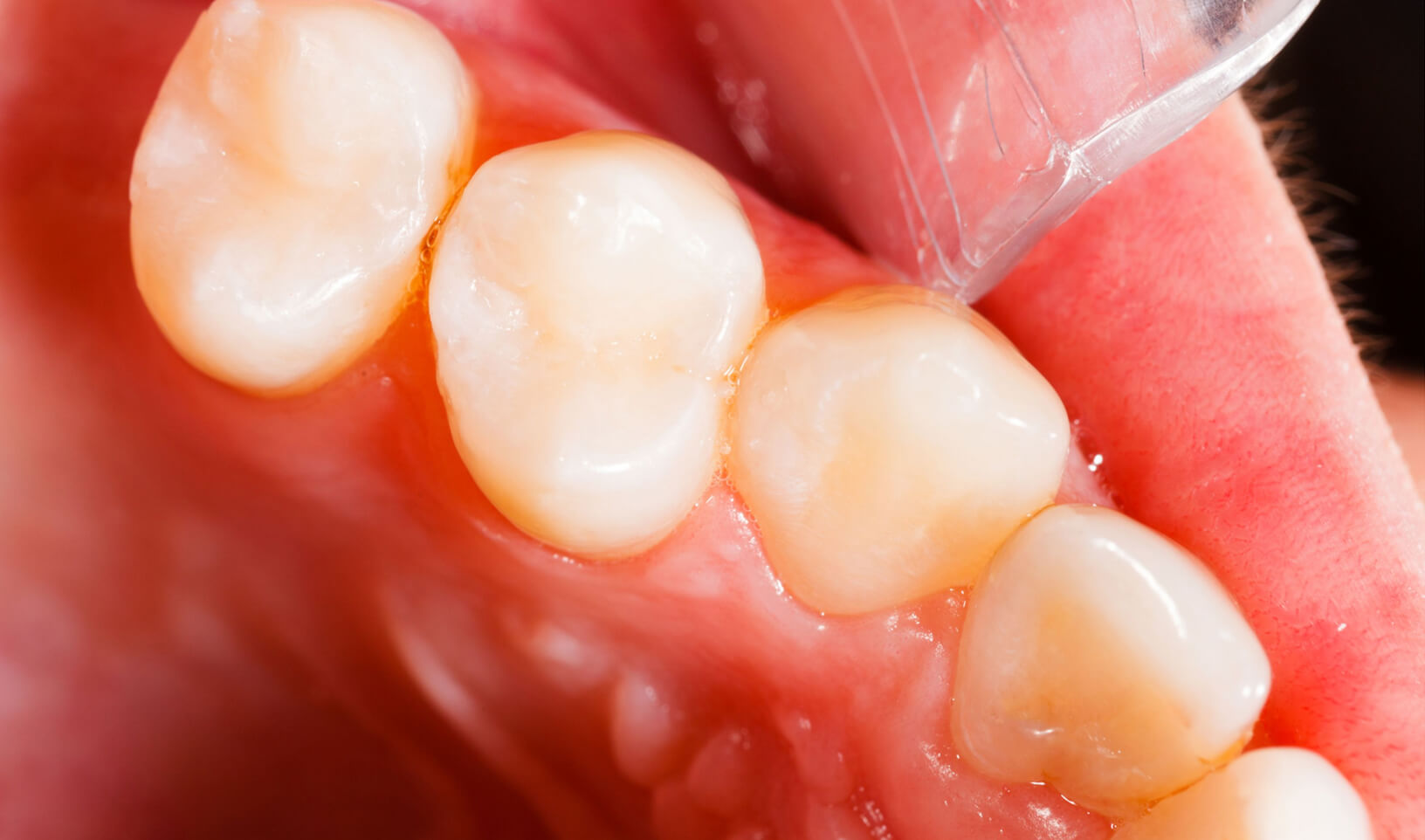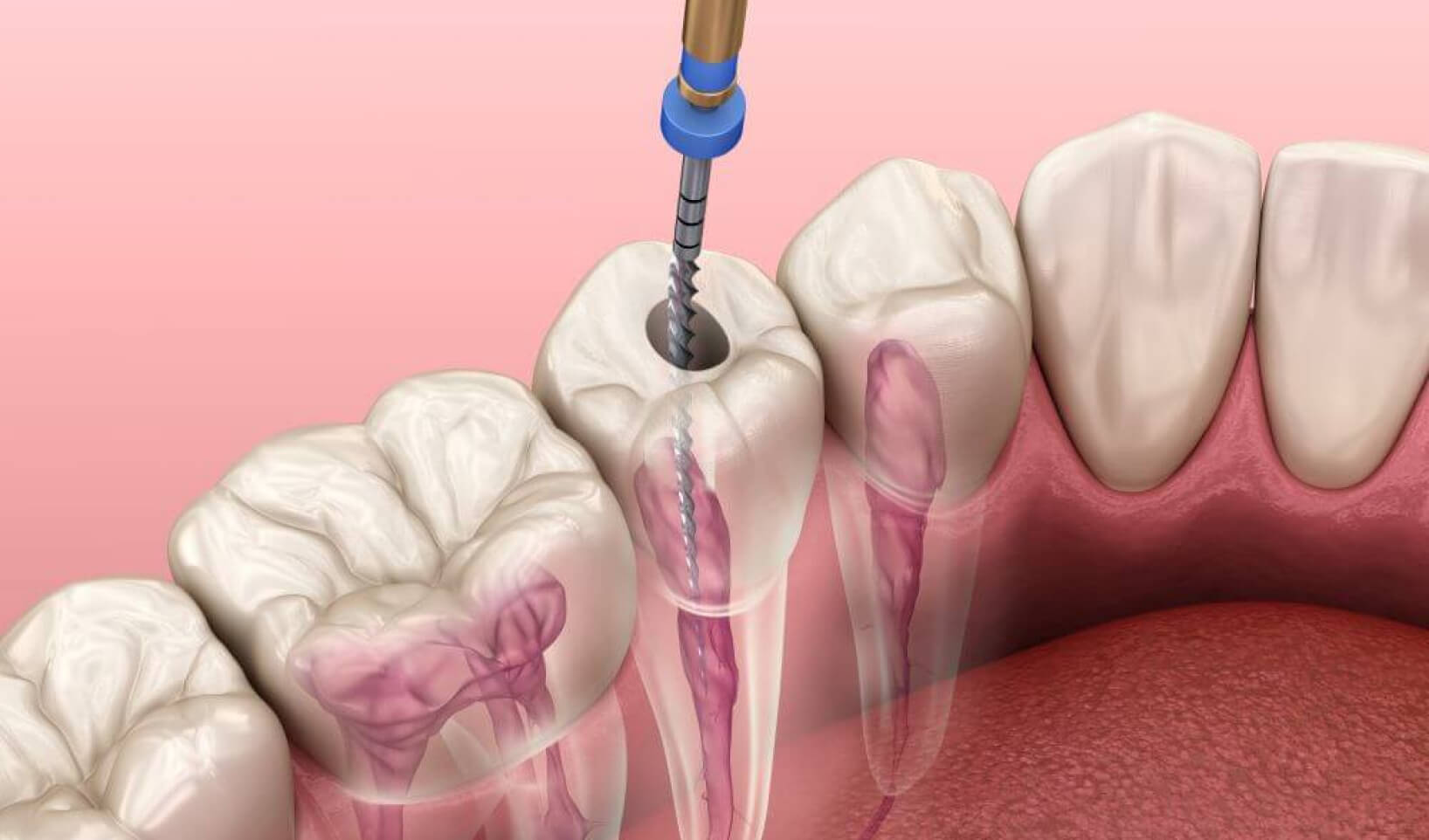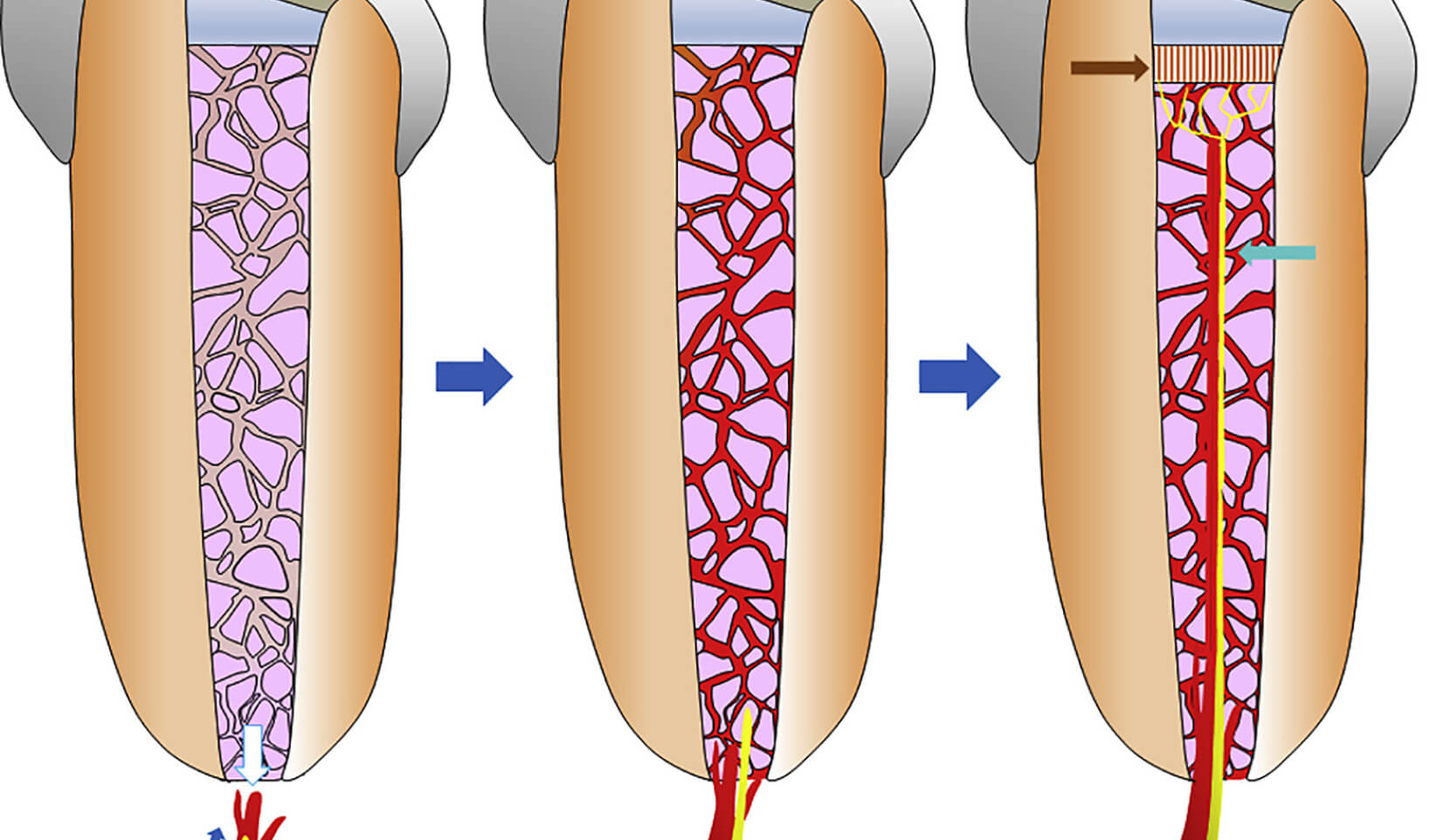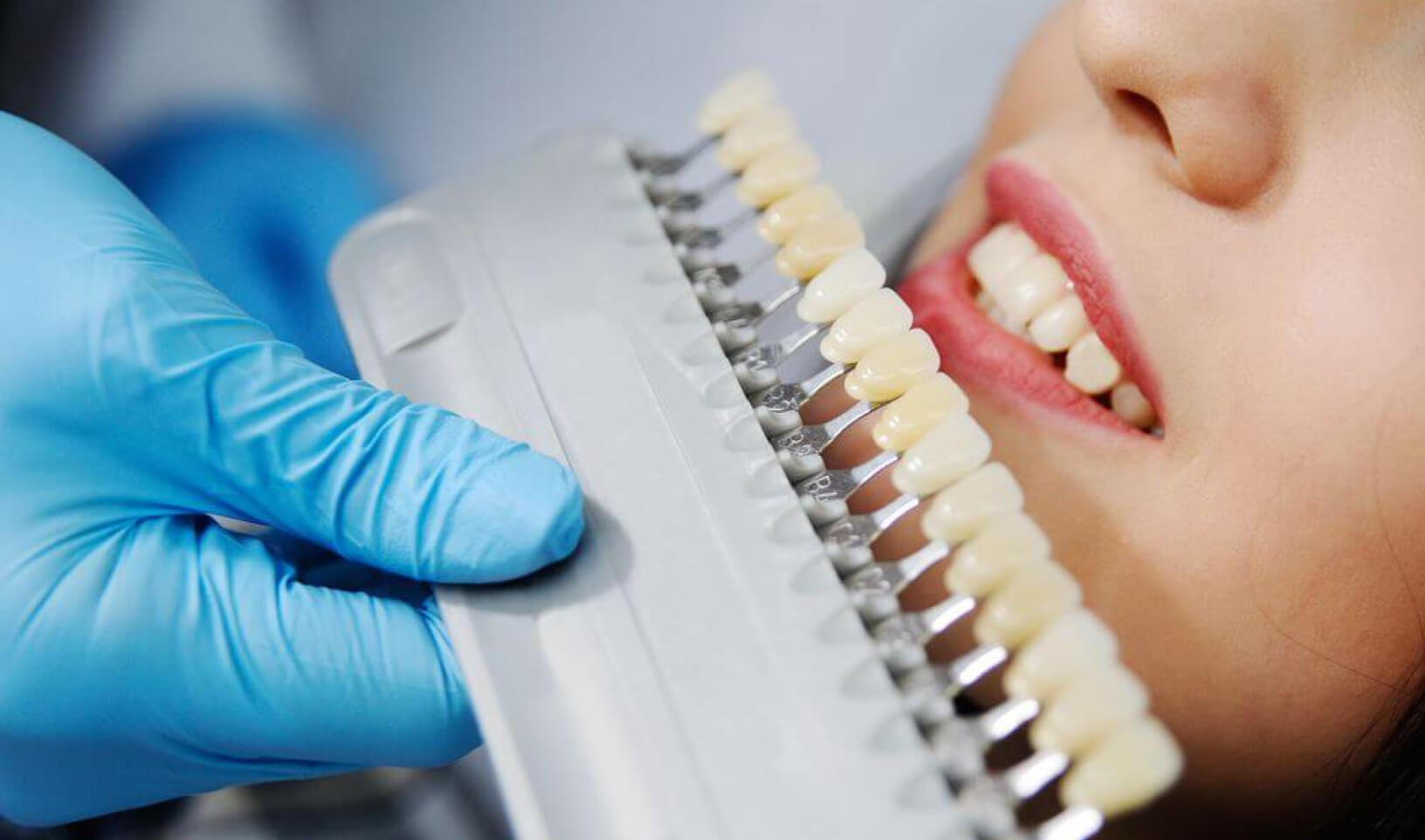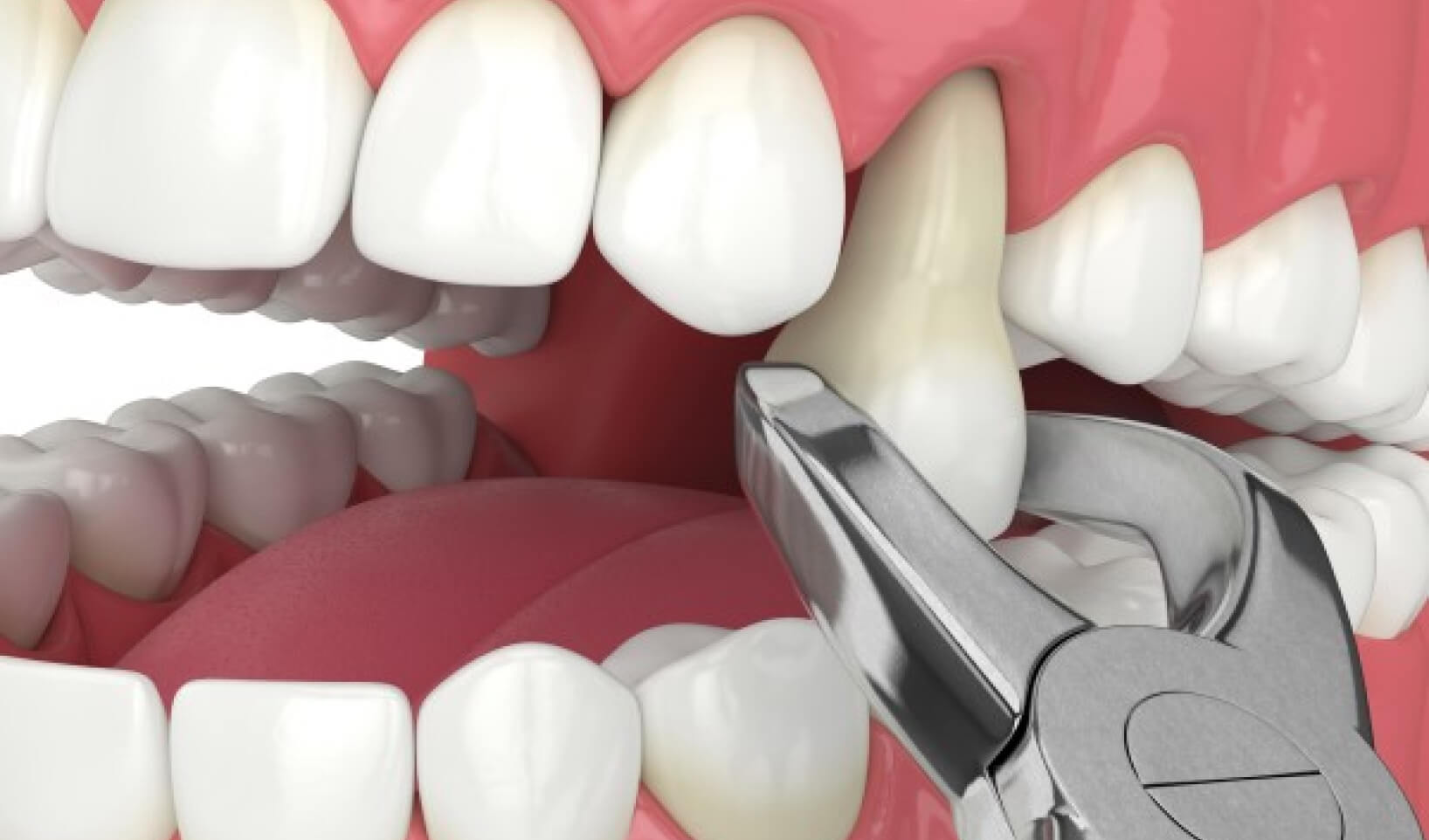What is it?
Root canal treatment/therapy is a specialised dental procedure performed by a highly-skilled expert that can be used to save a tooth with a damaged root that is badly decayed, cracked, or has become very painful/infected.
During the procedure, the pulp (tooth nerve) is removed from inside the tooth, and the area it vacates is then meticulously cleaned and sealed. Endodontics is the medical term for the field of dentistry that deals with root canal therapy and diseases of the dental pulp.
Who is it for?
Patients with a suspected infection of the tooth pulp who have been referred to us by their dentist, or individuals who have been told by their dentist that root canal treatment may be needed and that they should seek out expert help.
Some of the common symptoms of an infected pulp include persistent pain, swollen or tender gums, sensitivity to heat/cold, tooth discolouration and pain when you touch the tooth.
However, pulp-related issues will not be the cause in every case, which is why you should visit your local dentist before contacting us as they may diagnose a more minor problem that can be treated there and then.
How does it work?
Teeth have several layers: the outermost layer is composed of a hard substance known as enamel. Beneath this is an inner layer called dentin, which has a soft tissue known as pulp at its centre. This pulp contains blood vessels, nerves and the connective tissue that helps to form the dentin and enamel during tooth development.
When infection is suspected, a radiograph or Cone Beam CT (CBCT) scan is taken to verify this and, if infection is confirmed, an access hole is created into the tooth, the dentist usually viewing the infected area through a high-magnification loupe or endodontic operating microscope. This will help your consultant to locate all of the root canals whilst keeping tooth removal to an absolute minimum.
The infected nerve tissue and related debris is removed using specialist files and rotary instruments, as well as sonic and ultrasonic powered irrigation. Once the tooth has been thoroughly cleansed it is filled and sealed temporarily to allow it to heal. The temporary seal is then removed and a crown is added.
Does it hurt?
We understand that few people would readily say they enjoy going to the dentist, and as root canal treatments are on the complex side of dentistry, some people – quite understandably – are nervous. However, the notion that root canal treatment is painful is largely a myth as, in most cases, the nerve has actually died. That being said, we do everything we can to make your experience at The Endodontic Clinic as pleasant as possible, and this includes anaesthetising the infected area: this numbs the tooth and the surrounding area and keeps pain to an absolute minimum.
Our skilled and experienced staff, plus state-of-the-art facilities and the latest in dental technology, mean that patients are in the best possible hands. Pain management is always at the front of our minds.
